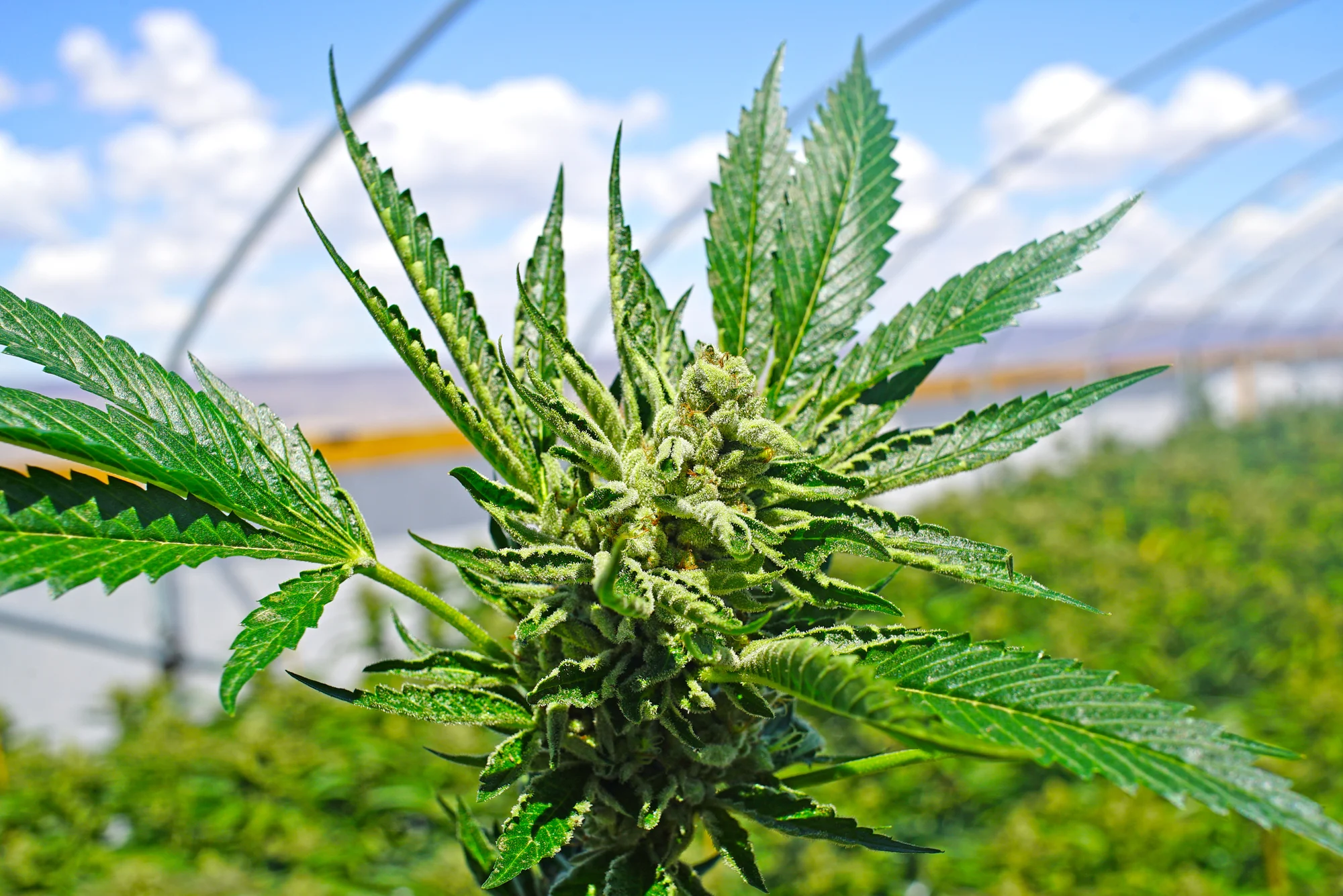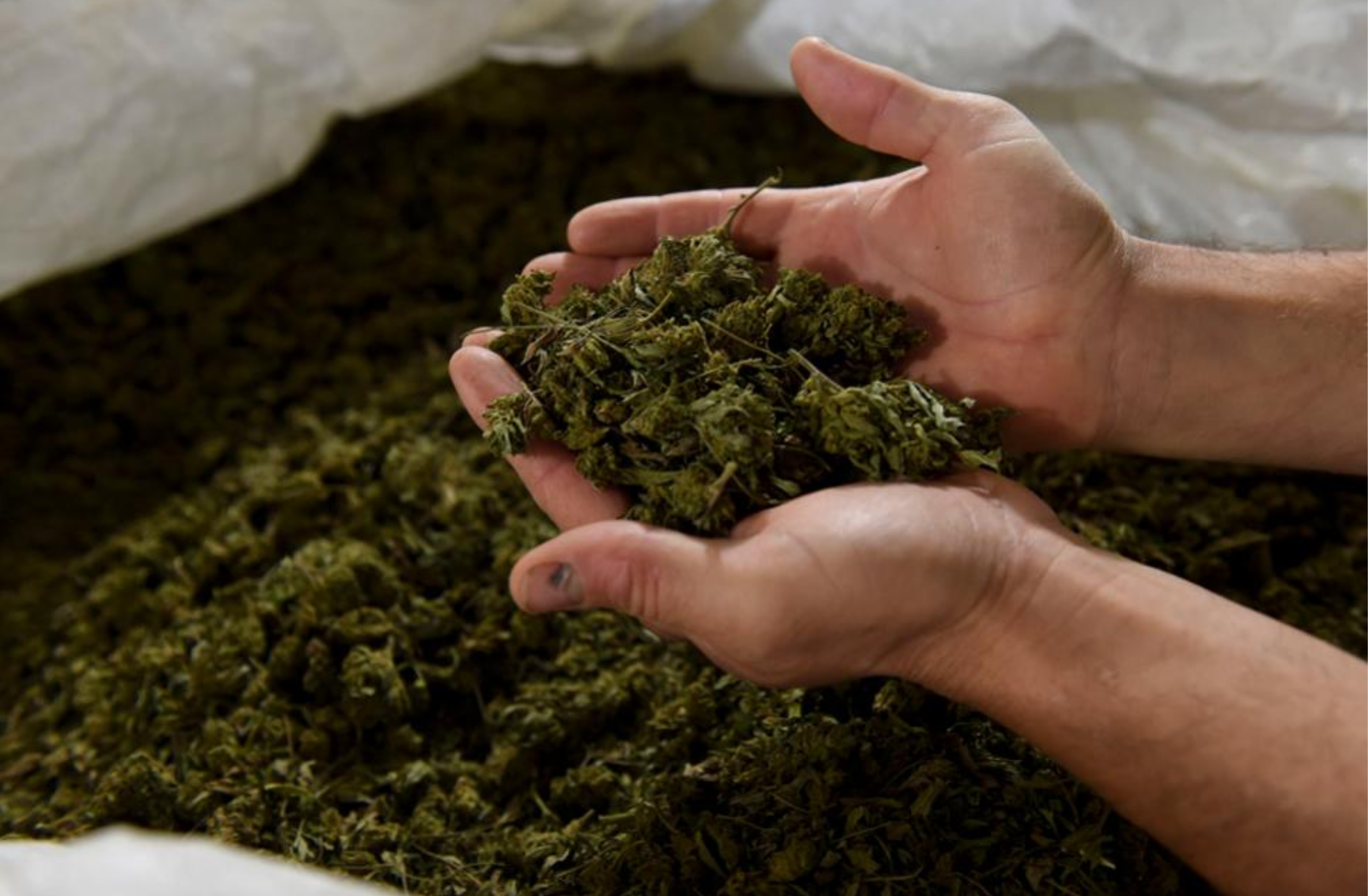News
The Rise of cannabis to replace alcohol as the Social Lubricant of Choice
As society evolves, so do our habits and preferences. For decades, alcohol has been the go-to substance for social gatherings, celebrations, and unwinding after a long day. However, a new contender is emerging on the scene: cannabis. With changing laws, growing acceptance, and a desire for healthier alternatives, more people are turning to cannabis to replace alcohol as their preferred social lubricant. This shift is not just a trend but a significant cultural transformation. Let’s delve into the reasons behind this rising phenomenon and its implications.
A Healthier Alternative: The Benefits of cannabis to replace alcohol

Through its effects on the liver, alcohol damages many aspects of the body, including the central nervous system, and is infamous for leading to addiction and impaired decision-making. Conversely, cannabis is less toxic and has the potential benefits in its use. Works done indicate that cannabis has a lower propensity to be addictive and its effects do not have a fatal toll as seen with opioids. Besides, other benefits include relief from chronic pains, stress, and anxiety, as well as enhanced sleep which makes the use of cannabis more desirable for a healthy consumer.
Legalization and Social Acceptance: Changing Attitudes
This can be attributed to the recent situations or rather tendencies whereby various countries have legalized the use of this plant commonly known as cannabis. Given the fact that many states and even countries have started to move away from the prohibition of its usage, the controversy over cannabis has been decreasing as well. Such trends suggest that the consciousness of cannabis is changing and being consumed socially just like alcohol is consumed. This transition can be observed through the increase in cannabis-focused parties, smoking rooms, and related merchandise ideal for shared consumption.
Customizable Experiences: Tailoring the High
This is one of the most compelling reasons why cannabis is a better substance than alcohol in that when one is under stress or in any particular mood, one can choose the type of high one wants to have. There is significant variation in the type of strains and ways of use to help users find products with the effects they need. Whether one needs a product to destress, to spur creativity, or to feel high, there is a cannabis product to suit each purpose. This level of customization enables better rewarding social encounters while avoiding or reducing highly aversive ones.
The Social Scene: Cannabis Lounges and Events – Will Cannabis Replace Alcohol?

With legal cannabis proliferation, new places for enthusiasts are opening to have fun and enjoy the product. Cannabis lounges are very similar to bars or local pubs in terms of their purpose – to provide people with an avenue in which they may sit, consume cannabis, and engage in fellowship. Many of these offer a spectrum of products, which range from eatables to inhalables hence making these venues socially digestible. More so, there is a rise in cannabis-related events such as events and festivals to promote the substances among the rest of the population.
The Economic Impact: A Growing Industry
The use of cannabis for various legal purposes has greatly expanded and its impact sharply affecting the economy. A growing trend of the population to consume marijuana instead of alcohol leads to the emergence of new opportunities. This ranges from cannabis-infused products such as drinks and other specialty food products, from specialized equipment to consumption accessories and more from wellness products. The increased focus on cannabis is proving beneficial at a business level in terms of growth and offering opportunities for new business owners and for those wishing to invest in companies involved in the sector.
Personal Stories: Why Individuals Are Choosing cannabis to replace alcohol
There are real-life examples of people who have made the switch from alcohol to cannabis, and some statistics point to this uptake. Some mentioned improved physical and mental well-being, fewer hangovers, and a capacity to be more productive in social situations as reasons why they prefer sobering up. This article put a face to the reckoning, presenting real-world and emotional rationales, for why cannabis is replacing alcohol as a social facilitator.
Future Trends: What’s Next for Cannabis and Alcohol?

With cannabis fast becoming a legal product in many nations, what about the alcohol industry of the future? Will it further reduce the alcohol take up or will there be an equal partnership between the two substances? This part outlines potential future trends, such as combining cannabis and alcohol products in Beverage-Grade Cannabinoids to mimic alcoholic drinking. It also examines whether there is a possibility of the alcohol industry entering the cannabis business and whether we may foresee the exchange where cannabis is replacing alcohol in social contexts.
Social and recreation consumption is a new phenomenon being shaped slowly, and in this arena, cannabis has made its presence felt very much like alcohol. Due to some changes in the legislation and the attitudes towards cannabis, people have new options for fun and socializing, which caused certain shifts in the patterns of consumption. Similarly, while cannabis use could become a direct substitute for alcohol to some extent, such arguments imply that the introduction of cannabis use could lead to a reduction in alcohol consumption, especially among the youth who are likely to embrace cannabis due to its liberal perception. This raises the question: as these groups shift to cannabis use, will they abandon alcohol?
However, this is not a case of one substance being replaced by another clear and specific substance. The markets in the future may shift and blend to some extent of the two given markets. Edible products are becoming popular as cannabis in drinks allows users to experience cannabis in essential drink formats. These are alcoholic extracted beverages that mimic drinking alcohol by offering social experiences, flavors, and events connected to booze. This raised the prospect of a new type of social facilitation, where weed-based beverages will become commonplace during and after parties and other social gatherings, thus creating a future where cannabis supplanted alcohol in some instances.
The alcohol industry is not immune to these changes happening in the market. Since the pot is considered a beverage additive, major beverage companies are venturing into conducting cannabis research and have started producing their cannabis products. This movement suggests significant changes in the consumer perception of the use of marijuana and its related products; meaning, traditional alcohol producers will not have to be completely elad if they wish to capture the value that cannabis is adding to the consumers’ experience. The firms are trying out different ways to come up with appropriate combinations to ensure that the consumption of these products is as similar as possible to the consumption of alcoholic products since many consumers turn to these products because of their social aspect.
Also, there are vast opportunities for the industries to share facilities and resources. The strategy that might emerge could be a merging between cannabis producers and alcoholic beverage brand owners to blend the meeting product with the mass market. Such partnerships could also build products with low doses of THC and other cannabinoids to ensure that the customer gets the desired effect without tripping or experiencing negative side effects. While such partnerships may create an even closer resemblance of the two substances, it can be expected that over time, cannabis will increasingly take the place of alcohol in such settings.
Overall, specific regulatory activities will remain one of the most significant areas that define the further development of both industries. The particular administration of cannabis-infused beverages will create specific policy concerns, including labeling, dosing, and age regulation. Again, proper regulation of foods and beverages will remain crucial to avoid jeopardizing the lives of consumers and due recognition of public health.
Generalizing the results, it can be stated that the future of development for both cannabis and alcohol is attractive. They can co-exist or continue to compete; nevertheless, coming together propels the creation of new technology-based products that foster unique customer experiences. Over time and amid the change in society’s perception and rules and legal requirements for legalizing cannabis, both substances will continue to mold the course of social and recreational consumption. This dynamic interaction could lead to a symbiotic relationship that benefits all parties involved and offer Virginia, the best of both worlds by creating room for cannabis competition with alcohol.
In conclusion, the rise of cannabis to replace alcohol as the social lubricant of choice is more than a fad. It reflects broader societal changes towards healthier living, legal acceptance, and personalized experiences. As we navigate this cultural shift, it’s clear that cannabis is carving out a significant place in our social lives, offering a compelling alternative to traditional alcohol consumption.


